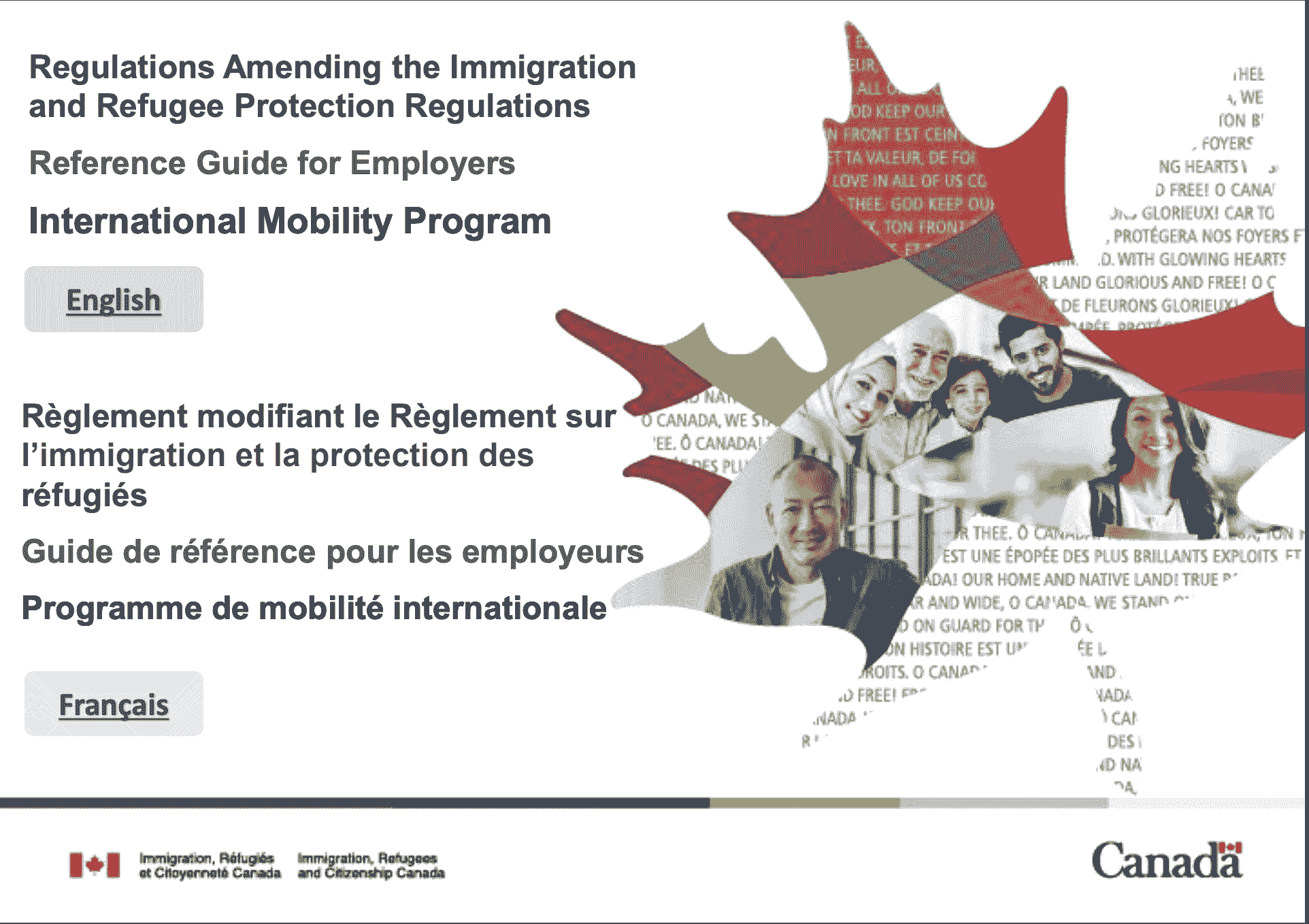Book Your Free Case Evaluation
New regulations to improve temporary foreign worker protections hired under the Temporary Foreign Worker Program (TFWP) path and the International Mobility Program (IMP) will launch on September 26, 2022. The updates to the Immigration and Refugee Protection Regulations (IRPR) are intended to "strengthen protections for temporary foreign workers and to prevent potential mistreatment or abuse during their period of employment in Canada." First proposed in 2021, the IRPR changes are intended to bring benefits and protections to temporary foreign workers, the government and employers by strengthening employer compliance and expanding foreign workers' rights.
Temporary foreign workers have the same workplace protections and rights as Canadians and permanent residents under applicable federal, provincial and territorial legislation, but are more "more vulnerable to potential exploitation and abuse."
What Is The Immigration and Refugee Protection Regulations (IRPR)?
Canada's government created the Immigration and Refugee Protection Regulations to define the goals and guidelines followed by Immigration, Refugees and Citizenship Canada (IRCC) to manage immigration to Canada by foreign temporary residents. IRCC is responsible to ensure that the rights of temporary foreign workers are protected, and to enforce government regulations. Between 2016 and 2020, the TFWP received over 300 tips on allegations of abuse and mistreatment through the Service Canada Confidential Tip Line.

IRCC created a Reference Guide for Employers with Q&As and a checklist about the changes and IRPR regulations to support employers who are hiring temporary foreign workers under the International Mobility Program.

New Regulatory Requirements
New IRPR regulations to protect temporary foreign workers that go into effect on September 26 include:
- On or before the first day of work, provide the Temporary Foreign Worker (TFW) with information about their rights in Canada.
*non-compliance is a Type B violation - During the period of employment, make available to the TFW information about their rights in Canada
*non-compliance is a Type B violation - Provide a signed employment agreement to the TFW
*non-compliance is considered a Type A violation - Provide a workplace that is free of abuse including reprisal
•non-compliance is a Type C violation - Not charge or recover, directly or indirectly, from the TFW any fees related to recruitment either before or during the period of employment. Employers also must ensure that any person acting on their behalf has not and will not be charged or recovered such fees
*non-compliance is a Type C violation - Provide access to health care services when the TFW is injured or becomes ill at the workplace
*non-compliance is a Type C violation
*For more information on violations, please refer to the regulatory text.
Do You Have Questions About Hiring Temporary Foreign Workers?
√ How to Hire Temporary Foreign Workers
Canada's Temporary Foreign Worker Program (TFWP) helps businesses fill short-term labour shortages so employers can fill jobs for which qualified Canadians are not available. To work in Canada as a TFW a job offer is required, and the employer must complete an LMIA to determine if hiring a foreign national will have a positive or negative impact on the Canadian economy. Ackah Business Immigration Law can assist employers with hiring temporary foreign workers through the International Mobility Program (IMP) when a Labour Market Impact Assessment is not required.
√ Foreign Worker Employer Compliance Services
Ackah Business Immigration Law provides foreign worker compliance and employment law services for businesses. Our Compliance Audit Services can assist employers to prepare for a Compliance Review/Inspection and ensure that your organization complies with IRCC’s Temporary Foreign Worker Program (LMIA) and the International Mobility Program (LMIA exempt) requirements.
BOOK YOUR FREE CASE EVALUATION
Contact Ackah Business Immigration Law
Immigration lawyer Evelyn Ackah, Founder and Managing Lawyer at Ackah Business Immigration Law, has practiced Canada and U.S. NAFTA immigration law for over 20 years. Ackah Law exclusively practices immigration law, helping our clients cross borders seamlessly and smoothing the way for business and personal immigration and travel. Our dedicated team of highly experienced immigration lawyers and legal professionals provide immigration law advice for businesses and individuals who want to move or travel for work, education or personal reasons, and serve clients across Canada, the United States and around the globe.
With offices in Calgary, Toronto and Vancouver, contact Ackah Law today at (403) 452-9515 or email contact@ackahlaw.com.








